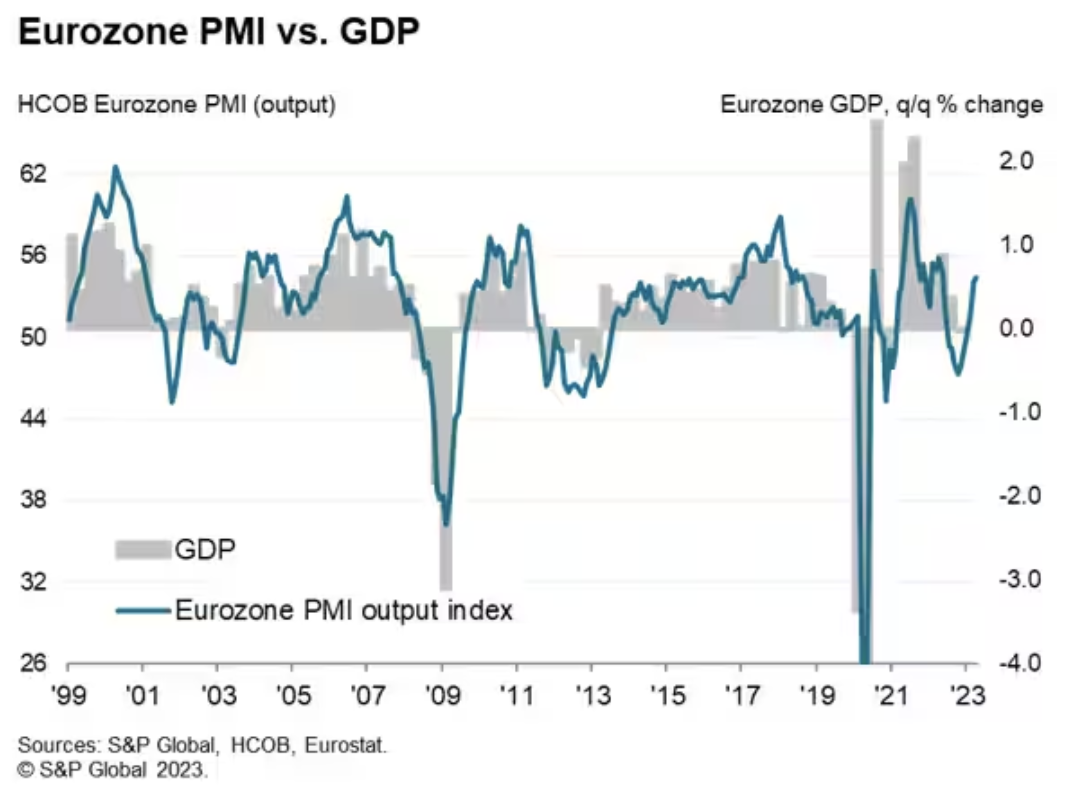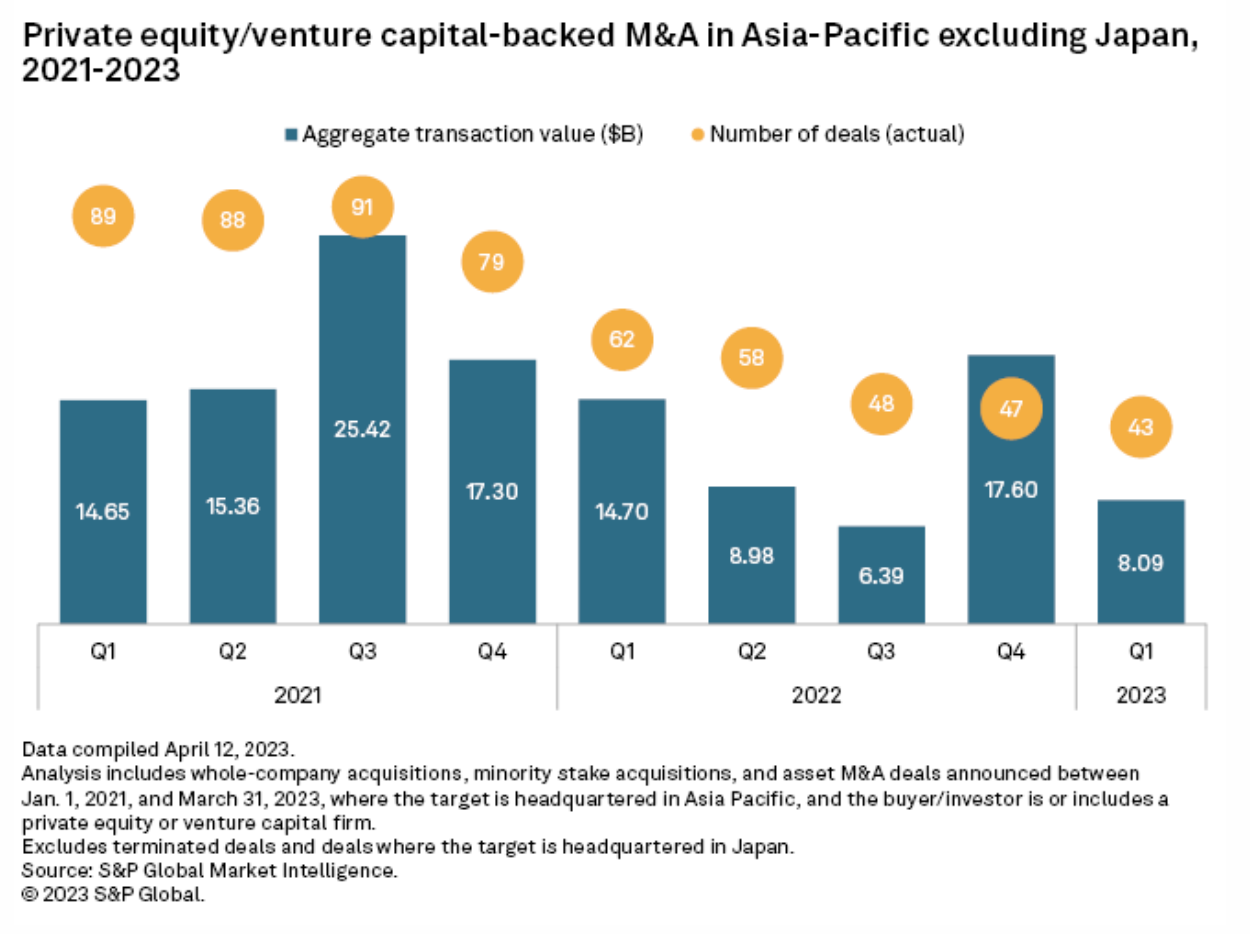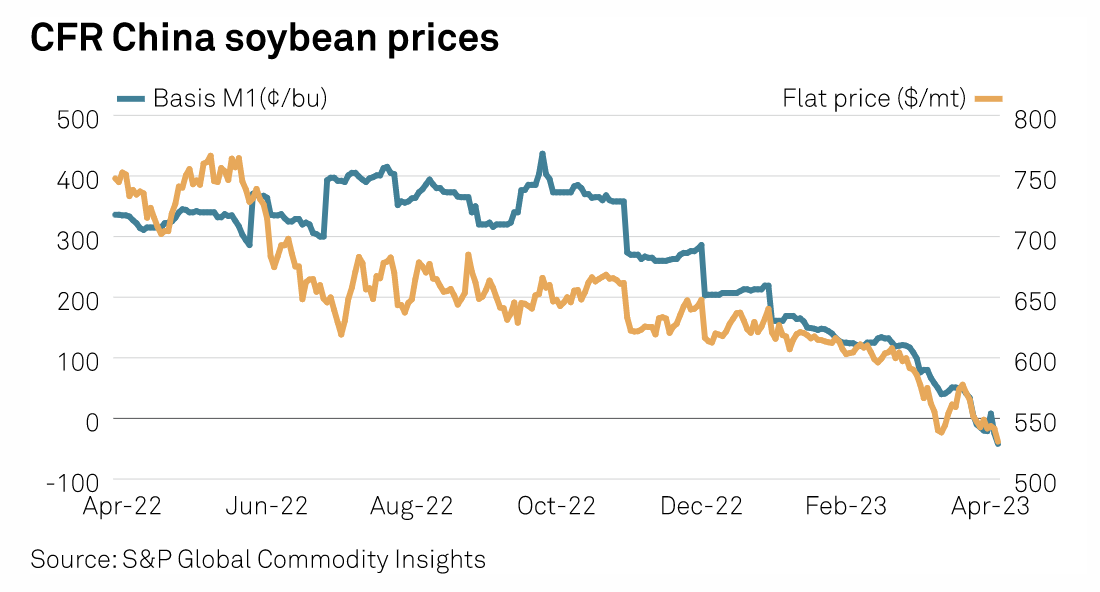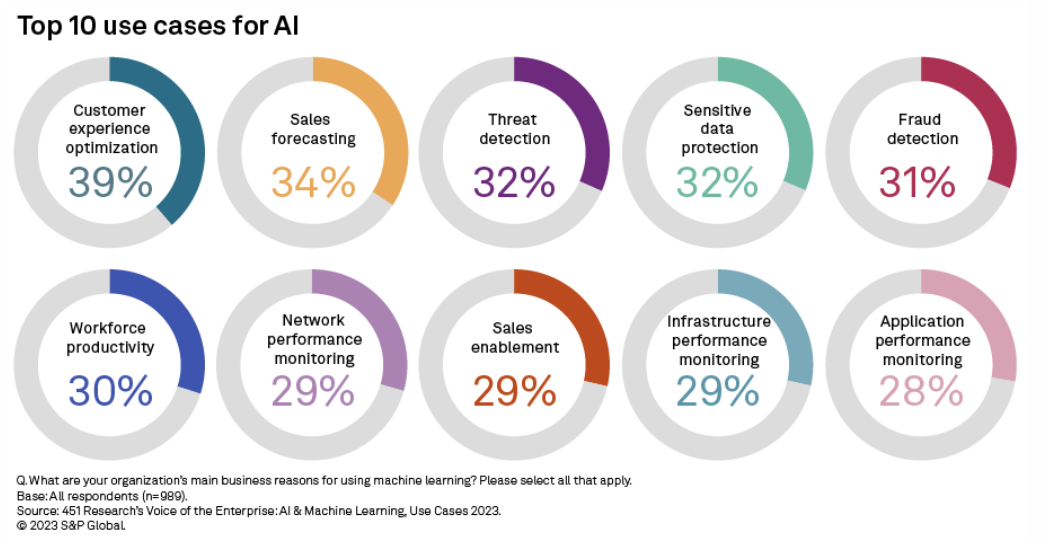Featured Topics
Featured Products
Events
S&P Global Offerings
Featured Topics
Featured Products
Events
S&P Global Offerings
Featured Topics
Featured Products
Events
S&P Global Offerings
Featured Topics
Featured Products
Events
Language
Featured Products
Ratings & Benchmarks
By Topic
Market Insights
About S&P Global
Corporate Responsibility
Culture & Engagement
Featured Products
Ratings & Benchmarks
By Topic
Market Insights
About S&P Global
Corporate Responsibility
Culture & Engagement
S&P Global — 24 Apr, 2023 — Global
By S&P Global
Start every business day with our analyses of the most pressing developments affecting markets today, alongside a curated selection of our latest and most important insights on the global economy.
EPA's E15 Sales Decision and Its Impact on Oil Refiners, Ethanol Producers
A “boutique” fuel blend with 10.5% to 15% ethanol, known as E15, is set to sell year-round in eight Midwest states following the US Environmental Protection Agency's proposed approval of a petition by the states' governors. Current EPA air pollution regulations prohibit E15 sales in the conventional gasoline market, which covers about 70% of the US, from June 1 to Sept. 15.
The eight Midwest states — Iowa, Illinois, Kansas, Minnesota, Nebraska, North Dakota, South Dakota and Wisconsin — petitioned EPA in April 2022 for a permanent solution to allow year-round E15 sales in their states. But how did it get to this point?
In 2019, EPA issued a regulation extending a long-standing volatility waiver to E15, opening the door for year-round E15 sales. Otherwise, regulations block E15 from the marketplace during summer. But in 2021, oil refiners sued EPA over implementing that regulation, and the DC Circuit Court of Appeals ruled in favor of the refiners, reinstating summer restrictions on E15. In 2022, Russia's invasion of Ukraine and the subsequent turmoil in the energy markets provided an impetus for the Biden administration to provide emergency waivers, allowing summertime sales of E15. In April 2022, the eight Midwest governors petitioned EPA, which was to respond within 90 days. EPA recently approved that petition, but it delayed implementation until April 28, 2024.
EPA does not have the authority to deny the request if certain Clean Air Act requirements are met. The agency does, however, have the ability to postpone the rule's implementation. Ethanol producers were furious that it would not go into effect until 2024, while oil refiners persist that even 2024 is too soon. The E15 restrictions have created strange bedfellows among oil and biofuel groups, who have differing stances on regulations such as the Renewable Fuel Standard, according to S&P Global Commodity Insights. Both groups would prefer a national-level solution that provides consistency rather than ad hoc emergency or regional waivers.
Ethanol producers are left wondering whether they can sell their product this summer. According to Renewable Fuels Association President and CEO Geoff Cooper, E15 is the next step in progressing to lower-carbon fuels. With the war in Ukraine, a global energy crisis and the continued potential for disruptions and very high prices, Cooper and many in the biofuel industry hope EPA recognizes the situation and reissues emergency waivers in time for the summer 2023 driving season.
Oil refiners see many challenges with the Midwest states' petition. In a “Platts Capitol Crude” podcast by S&P Global Commodity Insights, Patrick Kelly, senior director of fuel and vehicle policy of American Fuel & Petrochemical Manufacturers, said the states only examined what happens in refineries and assumed a nationwide switch to similar fuels. The states considered the costs of removing butane but neglected to consider other costs, such as the additional infrastructure necessary to store and ship that butane, and distribution system costs, such as constructing and installing new tanks, Kelly said.
Comments are due later this month on EPA's proposal to approve the Midwest states' petition. Meanwhile, ethanol producers push for renewed emergency waivers to enable E15 sales this summer, and oil refiners challenge such an immediate fuel policy shift. Nevertheless, the two groups with seemingly opposing interests share the goal of limiting uncertainty, and national legislation is one route to achieving it.
Today is Monday, April 24, 2023, and here is today’s essential intelligence.
Written by Wyatt Scott.
Eurozone Flash PMI Signals Strong Start To Second Quarter Thanks To Resurgent Service Sector

Eurozone business activity growth accelerated to an 11-month high in April according to the latest flash PMI survey data, indicating that the economy has gained further growth momentum at the start of the second quarter. The upturn was driven by reviving demand and was accompanied by the largest increase in employment for nearly a year. Inflation pressures meanwhile moderated further, with input prices falling at an increased rate in manufacturing amid a record easing of supply constraints to help drive the overall rate of selling price inflation down to the lowest for two years. Business confidence in the outlook has also remained resilient, well above last year's lows, despite recent banking sector stress.
—Read the article from S&P Global Market Intelligence
Access more insights on the global economy >
Dry Powder Piles Up In Secondaries Market; Asia-Pacific Investment Dips

It looks like the market for private equity secondaries is about to heat up. The same thing could have been said at this time in 2022, after the California Public Employees' Retirement System started shopping around limited partner stakes worth $6 billion. CalPERS closed the record deal in July, while other institutional investors who tested the secondaries waters in the wake of that mega-sale left disappointed.
—Read the article from S&P Global Market Intelligence
Access more insights on capital markets >
CFR China Soybean Prices Slide Amid Rising Brazilian Exports

CFR China soybean prices have fallen sharply, pressured by the weight of Brazil's soaring exports, while spurring demand for the raw material as Chinese crush margins soared. Chinese soybean prices, outright and basis to Chicago Board of Trade futures, have been on a downtrend since the third quarter of 2022. The CFR China month-one flat price sank to $517.08/mt on April 21, a low not reported since January 2021, losing 5.6% week on week and 8.6% month on month, data from Platts, part of S&P Global Commodity Insights, showed.
—Read the article from S&P Global Commodity Insights
Access more insights on global trade >
Verra Makes Major Changes To Methodology Of Forest-Based Carbon Offsets

Verra, the world's largest issuer of voluntary carbon credits, released a new draft methodology for REDD+ projects April 19, calling it the most "significant revision" of its practices, as it looks to restore the integrity and quality of its forest carbon credits. The US-based registry has faced heavy criticism in recent months, with several media outlets and academics questioning the efficacy of its forest-based carbon offsets.
—Read the article from S&P Global Commodity Insights
Access more insights on sustainability >
El Niño Shift Cuts Chances For Hotter-Than-Normal US Summer, Lessening Power Price Risk

A harsh summer season and above normal maximum temperatures in parts of India has triggered expectations of increased fuel consumption with gas, coal and LNG likely to receive a boost to avert power outages, market sources told S&P Global Commodity Insights. The Indian Meteorological Department, or IMD, in a statement April 17 warned of heat wave conditions over East India were likely to continue for the next few days.
—Read the article from S&P Global Commodity Insights
Access more insights on energy and commodities >
Generative AI Digest: A Roundup Of Latest Breakthroughs And Developments

The release of ChatGPT by OpenAI LLC on Nov. 30, 2022, appears to have been generative AI's "iPhone moment" — the event that catapulted the possibility of such technology into the mainstream despite not being the first example of its type. Changes are happening so quickly that S&P Global Market Intelligence plans to offer a regular roundup of product releases, funding rounds, M&A and political and regulatory developments.
—Read the article from S&P Global Market Intelligence
